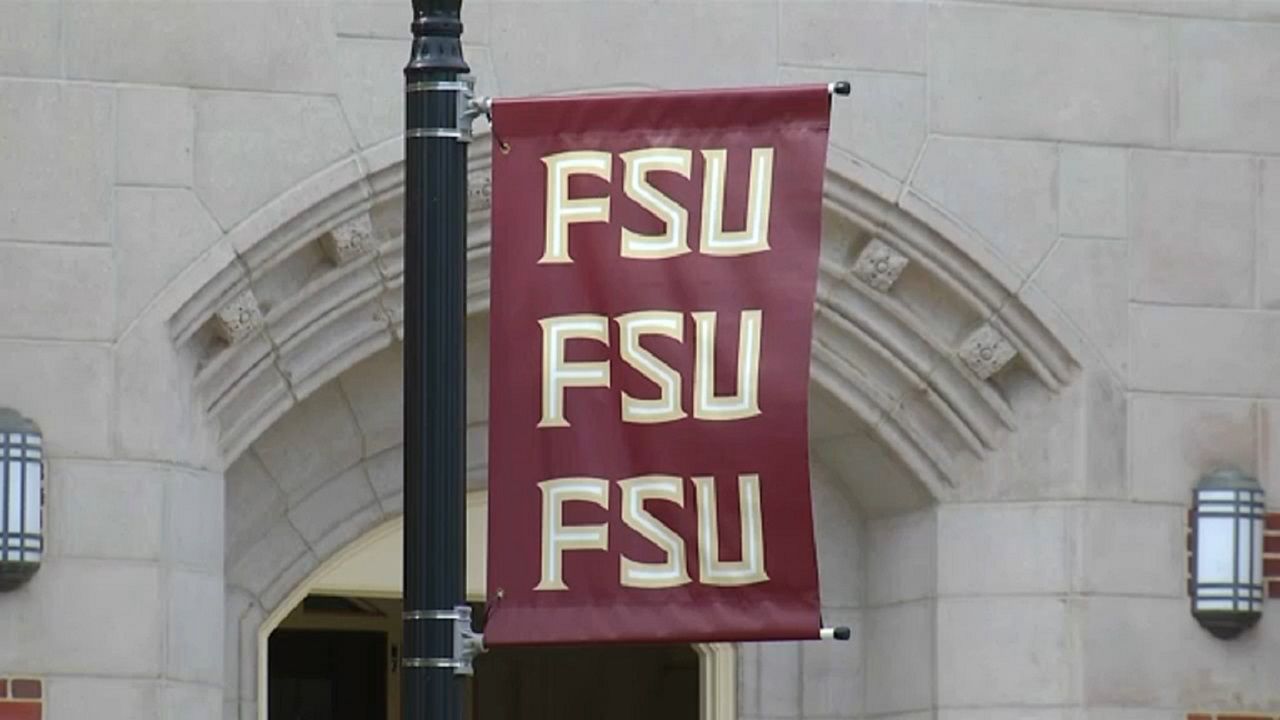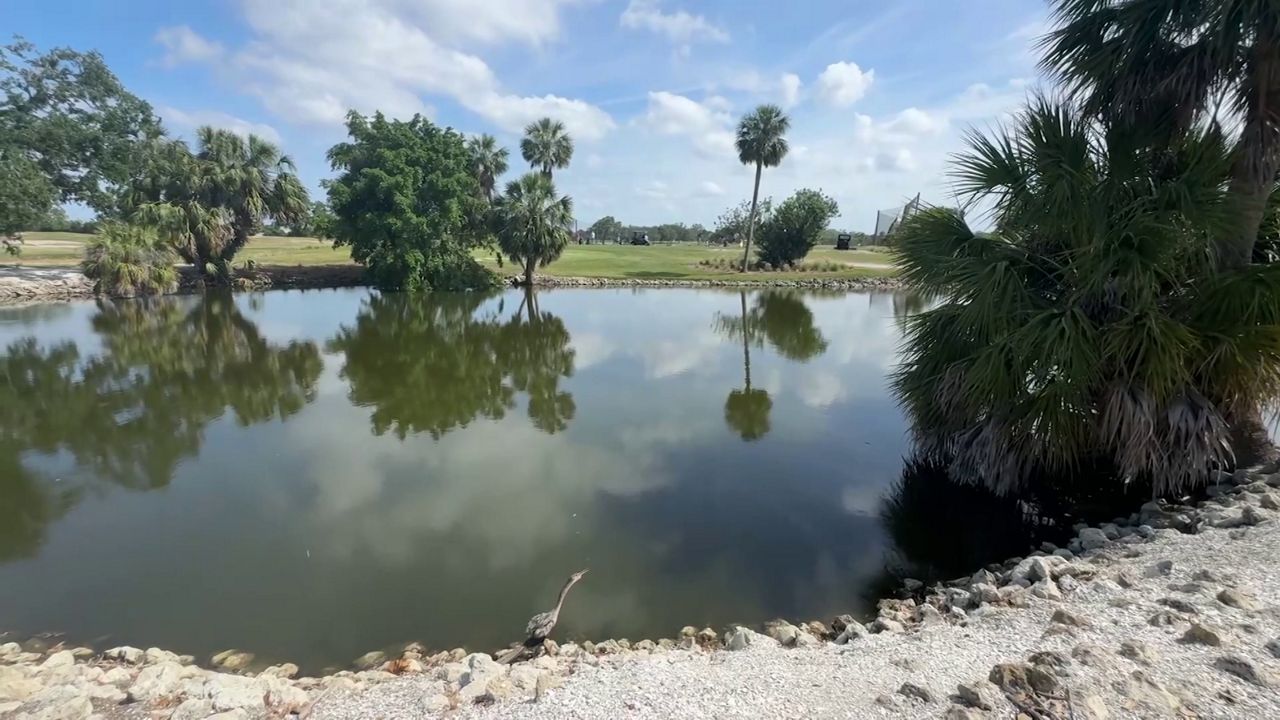WIMAUMA, Fla. — Legislation in both the Florida House and Senate has been filed, aimed at preventing notary fraud against immigrants.
If passed, the measure would prohibit notaries from referring to themselves as “notario”, “notario publico”, immigration consultant or any other title suggesting they have professional legal skills in immigration law.
It would also require businesses to notify customers they are not licensed in immigration law, and it would provide victims legal ways to seek damages against fraudsters.
In Wimauma, Beth-El Farmworker Ministry has opened a notary center to prevent people from falling victim to this crime.
Katiria Ocañas is the operations manager at Beth-El Farmworker Ministry and is always on the go, helping make sure everything is in working order.
“Mostly in charge of like when things break down, get it going, get it up and running again,” she said.
When she is not in the warehouse, she is helping in other ways. She recently got certified as a notary.
It’s a new service Beth-El Farmworker Ministry is now offering. Five people from the organization took the training to become certified in the state.
For Ocañas, providing this service means much more than just putting a stamp on a paper. “My mom, she was a farmworker, and a lot of the time she needed those types of services,” she said.
“So to be able to come to a place you trust, and you know they’re not going to take advantage of you, for me that fills my heart,” she said.
Teresita Matos-Post is the executive director for Beth-El Farmworker Ministry.
She says that in many Latin countries, it is common for a notary to also be a lawyer. But in the U.S. that’s not always the case.
And she says that can lead to some people being taken advantage of. “Many of the families were reporting paying high fees for a service that should cost them no more than $10 per notary stamp,” says Matos-Post.
The American Bar Association warns people who misrepresent themselves as a notary can have severe implications for immigrants. Their work can result in missed deadlines, filing of incorrect or incomplete forms or filing of false claims.
Part of the service being offered here is working with residents to make sure they understand the notary process.
Ocañas says they want clients to leave with everything in order. “It’s a safe place and were not going to take advantage of them,” she said.
She says the goal is to prevent notary fraud and prevent anything from getting lost in translation.
For residents who are not currently receiving resources from the farmworker ministry, the fee for a notarized document is up to $10.









